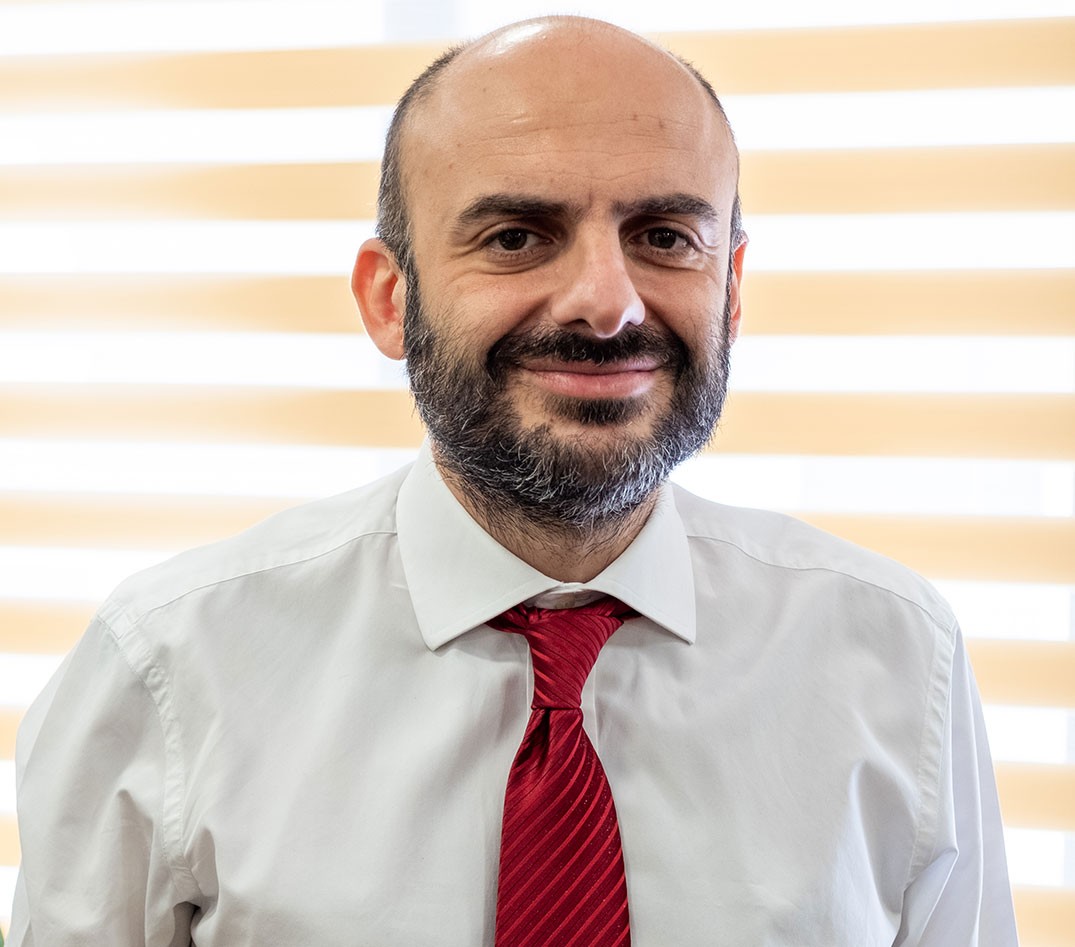
Amid the impact of the pandemic in Russia, professional accountants have fought hard to maintain their services for small and medium-sized clients. Some weathered the crisis by staying true to their mission, while others adapted to widen their service provision as they confronted the transformation of business and the economy.
Oxana Losevskaya FCCA, a partner at Moscow-based SL Partners, and Aleksandr Kalugin ACCA, adviser for the CFO4YOU consultancy in St Petersburg, have found themselves evolving and prospering as lockdowns hit the economy.
‘Business is a never-ending adventure that teaches you how to be resilient to external risks and problems,’ says Losevskaya.
The pandemic in Russia has been just as traumatic as in other countries. According to the World Health Organisation, the country has seen more than four million cases of Covid-19 with the loss of 81,926 lives (as of 18 February).
Rosstat, Russia’s official statistics office, says the economy shrank by 3.1% in 2020, marginally better than the 4.2% anticipated by the World Bank. As of December, unemployment stood at 5.9%.
Testing times
For SL Partners, a corporate finance consultancy founded in 2009, the pandemic has been a difficult time, particularly at the start. But the business – providing corporate finance and fundraising advice to SMEs – has emerged in good shape, according to Losevskaya, with revenues up by 30% on the previous year.
Business is a never-ending adventure that teaches you how to be resilient to external risks and problems
SL Partners advises companies across tourism, agriculture, pharmaceuticals, IT and retail, among many other sectors. As in most markets, some of these sectors fared well, while others suffered. After an initial downturn, business picked up after the partnership won a small number of large projects.
‘People need funding,’ says Losevskaya. ‘In the bad times funding seemed to be drying up and people were looking to find out how to raise funds for business development and to support their operations.’
With five employees, SL Partners saw little immediate impact from lockdown, having decided to begin remote working three years ago. Contact is maintained through a range of platforms, including social media and video. Losevskaya did not attend a single face-to-face meeting throughout 2020.
Staying in touch and building trust in clients has been supported by another critical factor: SL Partners relies on referrals. ‘So trust starts before you are engaged in a meeting,’ says Losevskaya.
However, she did find that stronger links with employees were needed through additional virtual meetings focused on wellbeing and morale. ‘You have to show that they can believe in the future and the future is going to be bright,’ she says.
According to Losevskaya, the big difference the pandemic has made is shining a light on environmental, social and governance (ESG) factors. ‘Human life has become more important than it was before the pandemic and people care more about the environment, social issues and governance,’ she says.
Changing client needs
In St Petersburg, where Aleksandr Kalugin has been helping CFO4YOU grow for the past two years, client needs have changed significantly. Where once the CFO4YOU team of 10 offered a narrow selection of outsourced finance function services, they now find themselves as ‘trusted advisers’ with an expanded offering that includes advice on remuneration, tax, legal issues, fundraising and government support in response to Covid-19.
‘They ask you to be their adviser in all areas related to the pandemic,’ says Kalugin. ‘It felt like we were reinventing some aspects of the business.’
The business has had its own ups and downs. The onset of the pandemic brought about a 30% drop in turnover, but that recovered over the year as CFO4YOU developed new services and increased marketing activities online. 2020 ended only around 5% down on the previous year.
The switch to remote working has had benefits as well as downsides. Some clients have struggled to adapt to remote communications, says Kalugin. However, using staff from across the country – such as Vladivostok, seven hours ahead of St Petersburg – means advisers have the flexibility to continue work around the clock while benefiting from lower wage costs.
The government has offered support in this area. Amendments to the Russian Labour Code in December created fresh regulation aimed at protecting both employers and remote employees. Kalugin says CFO4YOU hopes to capitalise on being able to recruit from across the country.
As for other changes brought about by the pandemic, Kalugin views many of them as permanent: buying services from a trusted adviser is ‘convenient’, he says, while a new generation of entrepreneurs is ‘more integrated into global economics and social networks’, and increasingly comfortable with buying consulting services.
‘Small and medium-sized businesses in Russia will adapt to this situation,’ says Kalugin. ‘We will also increase our quality and our portfolio of services to attract more clients.’



